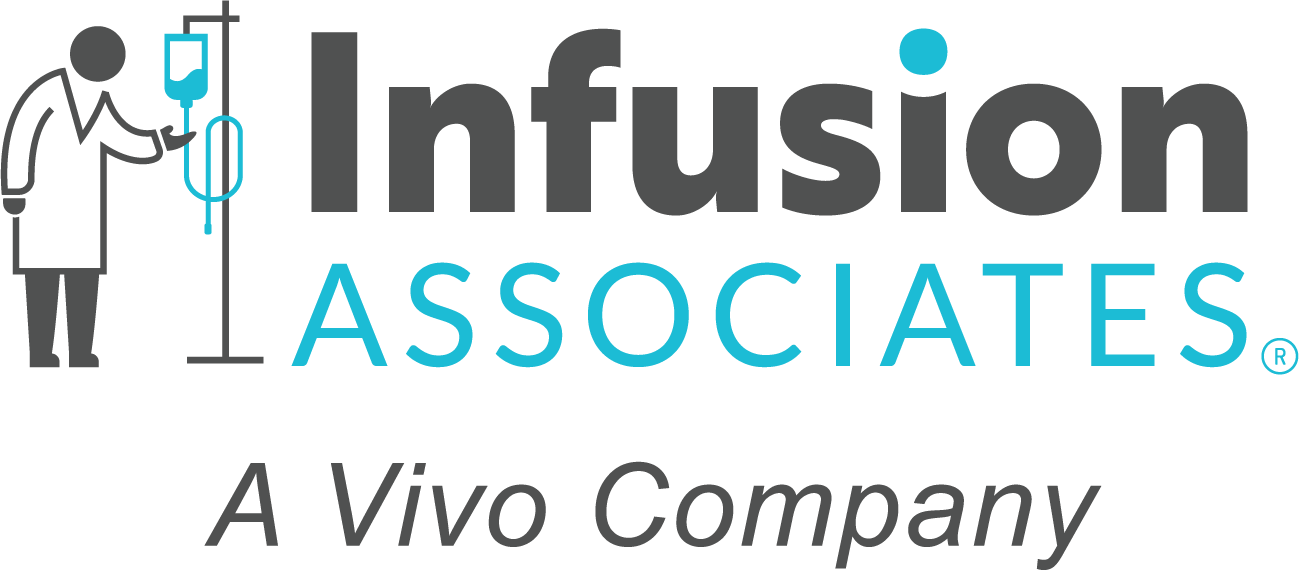Being diagnosed with any genetic disorder is frightening. You try to assimilate the information, while at the same time trying to understand a long list of new medical terms. Depending on your circumstances, you may feel anxiety — or a bizarre sense of relief at finding a name to all your unusual symptoms. But, what does it all mean? How do you move forward? What forms of treatment are available for you? All of these questions are likely running through your mind if you have Fabry disease.
What is Fabry Disease?
Fabry disease (also known as a lysosomal storage disorder) is a condition caused by a mutation in the GLA gene — which is responsible for making an enzyme called alpha-galactosidase A. This enzyme is essential to metabolize fatty lipids in the body called globotriaosylceramide (GL-3 or Gb3). When GL-3 is not broken down, it accumulates in the cells in your body, causing cell damage and the narrowing down of blood vessels. This results in intense, chronic pain for the patient, and could lead to kidney failure, osteoporosis, stroke, high blood pressure, or heart attack. In the most severe cases, the patient may need a kidney transplant.
The disease runs in families, as it is passed down through genes. Symptoms usually appear between the ages of 30 and 45, although they could first appear during childhood. Although the condition is progressive — with proper treatment — people with Fabry disease can lead relatively normal lives.
Symptoms of Fabry Disease
Symptoms of Fabry disease may vary from one person to the next. The most common ones include:
- Hearing loss
- Ringing in the ears
- Joint pain
- Skin rash
- Abdominal pain
- Back pain around where the kidneys are located
- Bowel movements immediately after meals
- A burning sensation in hands and feet that worsens with exercise and can be triggered by fever
Enzyme Replacement Therapy for Fabry Disease
While there is an oral medication to treat Fabry disease (Galafold), some patients may fail to see relief, while others may find it difficult to swallow drugs in pill form. This is when enzyme replacement therapy (ERT) may be a viable alternative.
Enzyme replacement therapy with Fabrazyme restores levels of alpha-galactosidase A. This allows your body to break down lipids. As a result, it can provide relief from Fabry disease symptoms, as well as helps prevent complications.
ERT is a life-long treatment, and if the disease has already caused kidney damage, you may need to undergo additional forms of treatment, such as angiotensin-converting enzyme (ACE) inhibitors. In addition to ERT, your doctor will likely recommend diet changes — such as limiting added sugars, sodium, and saturated fats — since doing so can help improve kidney health.
Are there any side effects of enzyme replacement therapy for Fabry disease?
As with any prescription medication, enzyme replacement therapy carries a risk of side effects. The most common ones include irritation at the site where the IV is inserted, fever, or an allergic reaction. Additional symptoms include headaches, chest tightness, nausea, and/or vomiting.
The best way of preventing side effects is to have an experienced healthcare professional monitoring each infusion treatment — which you will always have at Infusion Associates. This helps eliminate the risk of infections and other reactions to ERT.
What to Expect from Enzyme Replacement Therapy for Fabry Disease
Upon entering any of our facilities, you’ll immediately notice that we provide a welcoming and comfortable environment. You’ll first meet with one of our healthcare professionals, who will explain the details of your enzyme replacement therapy. This includes information about duration, dosage, and potential side effects. This is also a good opportunity for you to address any questions or concerns you may have about the medication or treatment. ERT infusions for Fabry disease are usually administered every two weeks, with the doses varying depending on your weight.
After the initial meeting, you will be escorted to one of our treatment rooms — with private rooms available upon request. To make the experience feel like a home away from home, we provide several amenities, including cozy reclining chairs, blankets, snacks, beverages, WiFi, television, and. You are welcome to bring your snacks of preference.
If you would like to refer a patient to us or want to inquire about the treatments we offer, you can contact us by calling us at (616) 954-0600 or filling out this form.

